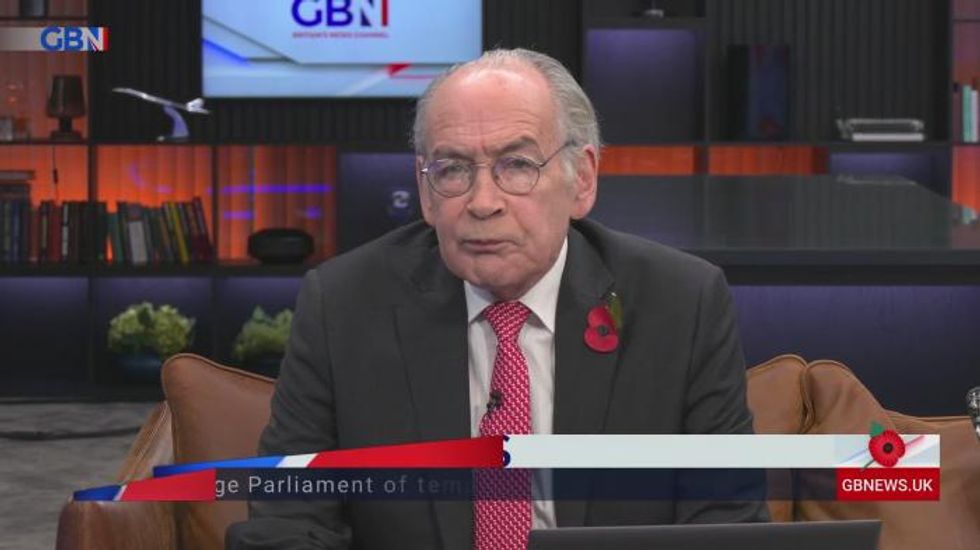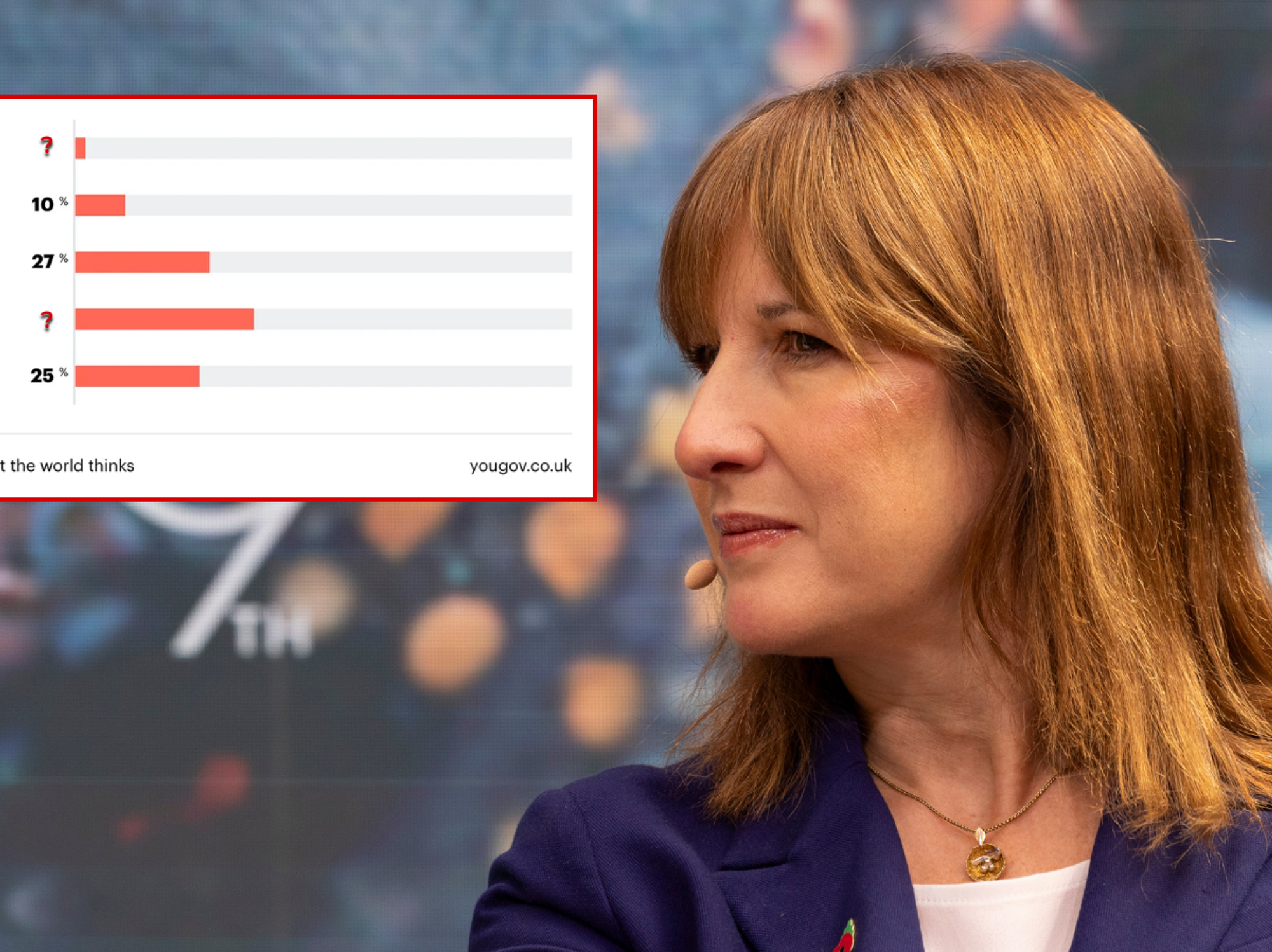Alastair Stewart: How do we purge Parliament of temptation?

By Alastair Stewart
Published: 13/11/2021
- 12:54Updated: 29/03/2023
- 12:31Alastair discusses whether Parliament needs to reform its lobbying rules
Don't Miss
Most Read
Last week I said: ’There are many men and women of integrity, morality and honesty in the House of Commons and the Lords’.
Over this last week, the rows about lobbying, second jobs and part-time MPs has seen many of them, and many of us, get increasingly frustrated and even angry with the Government and the army of parliamentarians who are playing the system or simply breaking the rules.
Predictably, it has been mainly opposition attacks on Government - though not a few opposition MPs have also been shown to be on the wrong side of the line.
But, intriguingly, it also has been Tory on Tory. Many of them have been the younger, clean-hand, Red Wall busters who came in in 2019. Some are just good folk - a new breed, annoyed by the stench of the old guard. Many also nurse slim majorities and know a general disquiet with a grubby parliament will see them out, come the General Election.
There are three distinct battles in this war: expenses, second jobs and lobbying.
The first, from rent allowances to office expenses, should be straight forward. You claim what is allowed, what you genuinely need and what you can account for - nothing more. And, if you don’t need it, shouldn’t claim it.
The second is also pretty straight forward: should MPs be full-time or should they be allowed to keep doing the day job they did before they were elected? Some feel having MPs with a second string enhances the experience of Parliament and MPs’ connection with society at large. Many also seem to think that, so long as it doesn’t take so much time that being an MP becomes, in effect the second job, they can - if it is important to society. Doctors and nurses, perhaps; lawyers, less clear. Others believe passionately that being an MP is a full-time job, period.
The third question is, however, wholly different because it begs the question ‘what is Parliament for?’. It is there to Govern and legislate in our interests, its political complexion a reflection of the country at the time of the General Election. The majority Party in Parliament forms a Government; the runner-up forms the opposition. Their principle function is to harry the Government over the laws it proposes and the way it governs. The ‘others’ back the Government, the opposition or they stand alone, depending on the issue.
Proposing new laws and governing opens the doors to our current problems.
Now, suppose the winning party had ideas in its manifesto, like tightening gambling laws to protect the vulnerable, making foodstuffs safer or forcing high finance to be more responsible. Enter another force: the unelected lobbyist.
They speak for industries, individual companies, special interest groups, even charities.They offer pressure on parliament and parliamentarians to see off proposals their clients don’t like.
As an industry in its own right, lobbying has rules too, and many if not most adhere to them. But they offer route maps through the processes of Government and legislation. They can round up MPs who, for a fee, will put in a good word for you - and more. They employ former MPs, Ministers and even senior civil servants on their staff. They also point you in the direction of current MPs who, for a fee, will be your voice in Parliament.
The rules are clear: those MPs may not directly lobby on behalf of a business - that is where Owen Paterson came unstuck. But it is a thin line: a word here, a dinner there, a helpful explanatory ‘briefing, and a ‘consideration’ or ‘favour’ that is never mentioned… you get my drift.
Good Governments ignore it; others postpone, prevaricate or even walk away from their original proposals. All the polling suggests the majority of us don’t like it and it damages our faith in parliament and democracy.
In fact, the latest YouGov polling in The Times reveals 60% of voters agree the Conservatives give the impression of being "very sleazy and disreputable”. Only 33% agree with the same statement about Labour.
Boris Johnson's rating as "best Prime Minister" has fallen four points in a month... to 27%. While Sir Keir Starmer's rating has gone up four points - with the Labour leader now sitting on 29%.
The YouGov poll also found that 39% of voters say this Government is more corrupt than previous administrations, but 46% say it's no different.
And the news is even worse in a different poll commissioned by the Daily Mail. The Savanta Comres polling puts Labour six points ahead of the Conservatives. It's the third time in as many days that pollsters have suggested the Government has lost its lead over Labour.
So today I’m asking: can we purge parliament of temptation? Can lobbying be done better and more transparently of should it just be stopped, full-stop? How do we purge Parliament of temptation?











